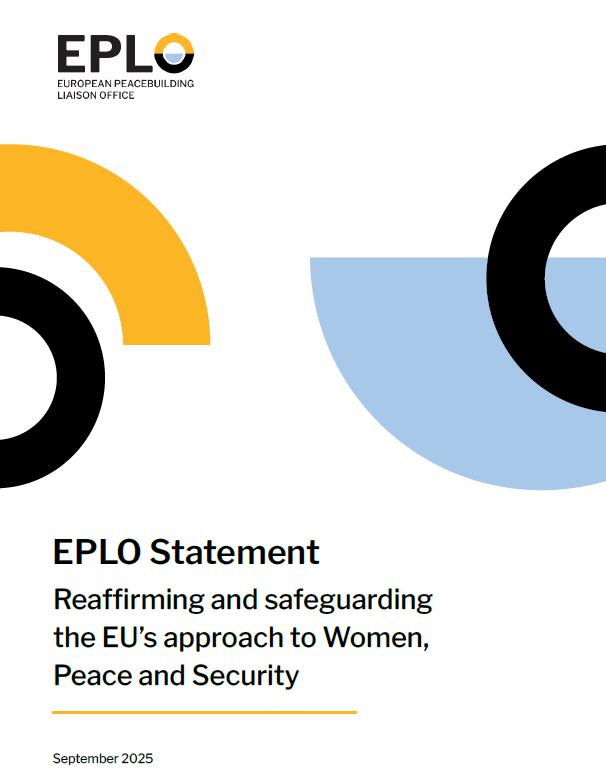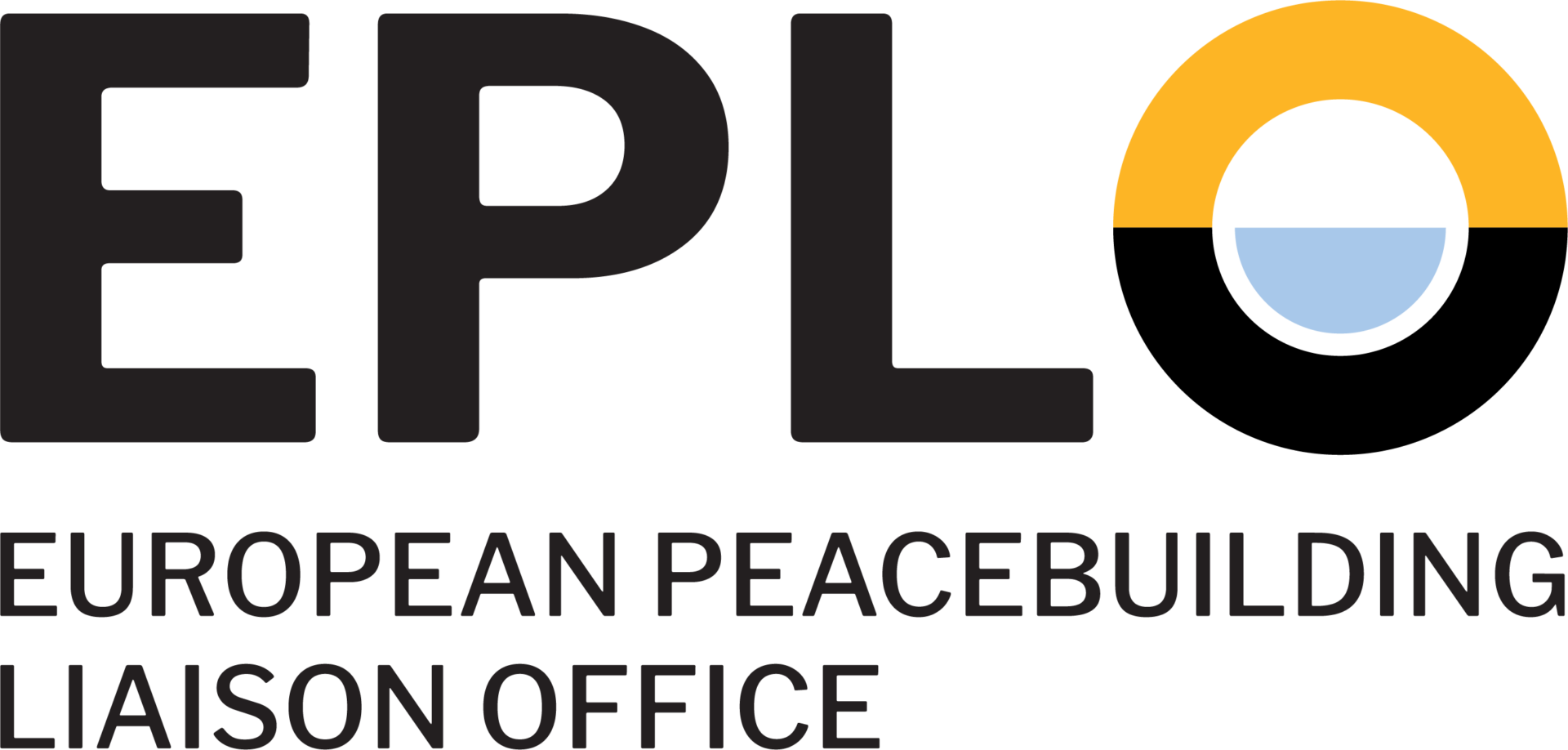In September 2025, the European Peacebuilding Liaison Office (EPLO) and its member organisations released a statement reaffirming the importance of the Women, Peace and Security (WPS) agenda as a cornerstone of EU external action. Marking the 25th anniversary of UN Security Council Resolution 1325, the statement comes at a moment of mounting challenges, including shrinking civic space, rising militarisation, funding cuts, and a global backlash against women’s rights. It stresses that a principled EU approach to WPS is not only a moral obligation but also a prerequisite for sustainable peace and security.
The statement underlines that the EU must strengthen and adapt its WPS approach to address both persistent and emerging challenges. These include gender-based violence, digital harassment targeting women peacebuilders, and the gendered impacts of the climate crisis.
The EU’s credibility as a global actor depends on its ability to safeguard gender equality in conflict-affected contexts and to place WPS at the heart of peace and security.
EPLO’s recommendations highlight four key priorities for EU co-legislators and institutions:
- Strengthen localisation and partnerships with women-led and inclusive peacebuilding actors, while engaging men and boys;
- Break institutional siloes and commit to long-term EU WPS frameworks beyond 2027;
- Increase quality, flexible, and long-term funding for local women’s rights and peacebuilding organisations; and
- Ensure a flexible and inclusive agenda that responds to diverse needs and integrates responses to digital and climate-related threats.
Only by acting on these priorities can the EU reaffirm its leadership and lay the foundation for a more peaceful, inclusive, and gender-equal future.

